Few people recognize Vanuatu Financial Services Commission (VFSC). However, VFSC regulation and licenses have become more prominent over the years due to specific reasons.
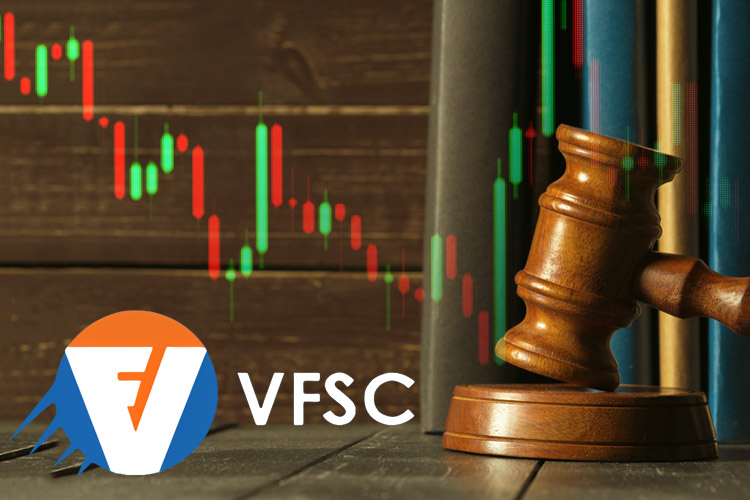
Nowadays, offshore forex broker licenses have become increasingly popular. Notable destinations include the British Virgin Islands Financial Services Commission (BVI FSC), St. Vincent & the Grenadines' Financial Services Authority (FSA), Vanuatu Financial Services Commission (VFSC), and many others.
These agencies are mostly unknown outside of their respective region. But, why do forex brokers sought after their licenses? To understand this phenomenon, we will try to examine what lies under VFSC regulation for forex brokers and traders.
What is VFSC?
Established in 1993, Vanuatu Financial Services Commission (VFSC) is the financial regulatory authority of the Republic of Vanuatu. Along with the Reserve Bank of Vanuatu, VFSC is responsible to enact legislation and supervisory activities on the following subjects:
- Anti-Money Laundering and Counter-Terrorism Financing
- Business Names Act
- Company and Trust Services Providers
- Charitable Associations (Incorporation)
- Credit Unions
- Dealers In Securities (Licensing)
- Electronic Transactions
- E-Business
- Financial Institutions
- International Banking
- International Companies
- Mutual Funds
- Offshore Limited Partnerships
- and many others.
Up to this point, you might think that VFSC regulation is just like any other financial regulatory agencies. Forex broker companies that have gained licenses from VFSC could call themselves "regulated forex brokers" and carry out services such as forex and stock trading, as well as legally manage investment portfolios on behalf of their clients. However, there are a few caveats that should be noticed by traders.
The Down-Low of VFSC Regulation
Vanuatu is an island country located in the South Pacific Ocean; more precisely between Australia, New Caledonia, New Guinea, Solomon Islands, and Fiji. They gained independence from France and the UK in 1980. Subsequently, they maintain steady development thanks to four pillars of the economy: agriculture, tourism, offshore financial services, and livestock farming.
Providing licenses for financial service companies is an important source of income for Vanuatu. Hence, they have eased the requirements for obtaining permits as much as possible. VFSC regulation enables forex brokers to avoid legal challenges without complicated requirements while enjoying multiple tax breaks and minimum supervision.
In fact, Vanuatu is one of the cheapest jurisdictions to gain forex broker licenses. Online rumors mention that one could establish a legal company simply by submitting an online registration form and paying a fee of USD2,000. A registered company will then be ready to operate in the next 2-3 months.
Unlike more reputable agencies such as US CFTC and UK FCA, VFSC regulation does not require strict supervision and background check for any registered financial services company. The company would only need to submit regular financial reports once a year.
Regardless of what the law says, VFSC does not involve itself in the client protection business. At most, they would release warnings against companies that are found to have repeatedly violated the rules. But if you enter a dispute against VFSC-registered brokers, you could not expect the agency's assistance to mediate or get your money back.
My Broker is Registered in Vanuatu, What Should I Do?
More well-known forex regulators in global financial centers have started to enforce more stringent limits on leverages and minimum capital. Some of them even call for a regional limit; forex brokers should only serve clients who are residents of the country they are registered in. Needless to say, this would negatively affect forex broker companies that operate across borders.
This is the reason why, as regulatory bodies in more reputable parts of the world ramped up their requirements, forex brokers prefer to relocate clients under offshore regulation. Some of these brokers have already pocketed licenses from more reputable agencies in first world countries, whereas some others are providing worldwide services while carrying around VFSC licenses only.
If you are trading with a multi-licenses forex broker, then you could take it easy. Your broker most likely only seeks VFSC licenses in order to smooth their international operation, while providing services in accordance with higher requirements set upon by better regulatory agencies.
There's a significantly different consideration if you are trading with a single-license forex broker (and the license in question comes from VFSC). It is possible to trade with them for some time with minimum capital, but it is not advisable to continue working with them in the long term. Do yourself a favor by moving your funds to better-regulated forex brokers.
As traders, we should always prioritize the protection of funds. It means verifying online reviews and legal safeguards in order to find reputable companies that have established track records and provide sufficient security guarantees. We could not simply believe in whatever our broker says. After all, we could not be 100% sure they would not run away with our money in the future.

 Dedicated FREE FOREX VPS
Dedicated FREE FOREX VPS Free FOREX Virtual Private Server
Free FOREX Virtual Private Server MT4 Demo Contest, Get $500
MT4 Demo Contest, Get $500 Sign Up for an Account, Claim 60% Deposit Bonus
Sign Up for an Account, Claim 60% Deposit Bonus Free MT4/MT5 VPS 2024
Free MT4/MT5 VPS 2024 Send E-mail and Get Free Merchandise
Send E-mail and Get Free Merchandise $1K Refer a Friend Bonus for Pepperstone Pro clients
$1K Refer a Friend Bonus for Pepperstone Pro clients Maximize Your Earnings with 100% Deposit bonus
Maximize Your Earnings with 100% Deposit bonus Trade to Win, $5,000 Monthly Demo Contest
Trade to Win, $5,000 Monthly Demo Contest Claim 30% + 15% Deposit Bonus from LiteFinance
Claim 30% + 15% Deposit Bonus from LiteFinance

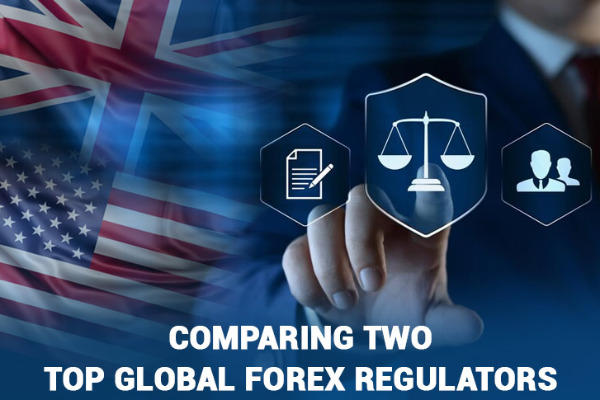
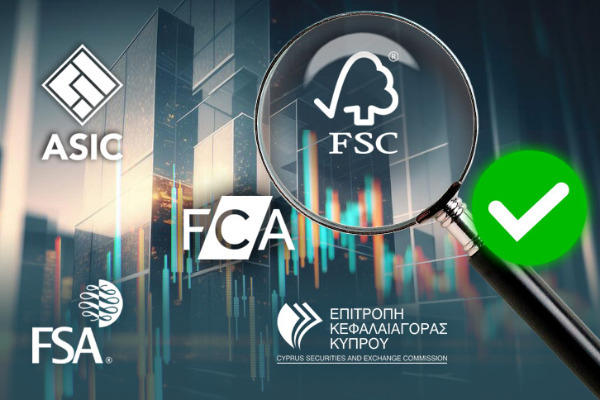
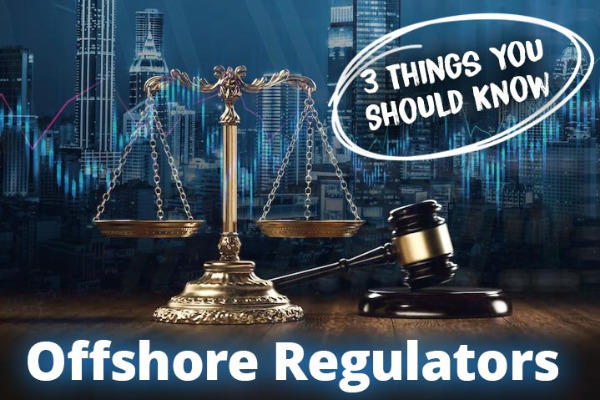
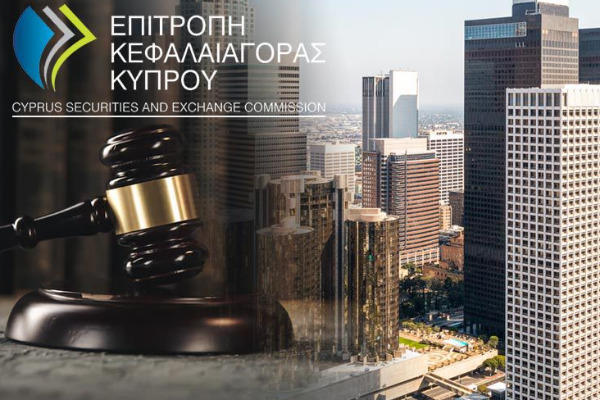
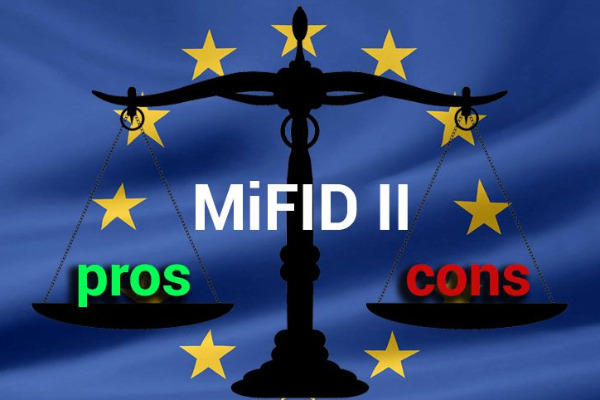












2 Comments
Angga
Jan 13 2024
Hello! According to the article, Vanuatu is considered one of the most cost-effective locations for obtaining forex broker licenses. Online speculation suggests that setting up a legal company can be achieved by completing an online registration form and paying a fee of USD2,000. Following this process, the registered company is expected to be operational within 2-3 months.
Furthermore, the regulatory framework of the Vanuatu Financial Services Commission (VFSC) is noted for its comparatively lenient requirements. Unlike some regulators, VFSC does not mandate rigorous supervision and background checks for registered financial services companies. Instead, these companies are only required to submit regular financial reports annually. Are there any other regulatory bodies with a similar policy to VFSC?
Elny
Jan 18 2024
YES, there are several offshore jurisdictions where forex brokers can obtain licenses. Vanuatu (VFSC) is one of them, but there are others, each with its own regulatory framework. Some examples of offshore jurisdictions commonly used by forex brokers include:
Cyprus (CySEC): While not a typical offshore jurisdiction, Cyprus is part of the European Union but is often chosen for its relatively favorable regulatory environment.
Belize (IFSC): The International Financial Services Commission of Belize regulates financial services, including forex trading.
Seychelles (FSA): The Financial Services Authority of Seychelles is responsible for regulating non-bank financial services in the country.
Mauritius (FSC): The Financial Services Commission of Mauritius oversees financial services, including forex trading activities.
Saint Vincent and the Grenadines (FSA): The Financial Services Authority of Saint Vincent and the Grenadines is another regulatory body in the offshore forex trading space.